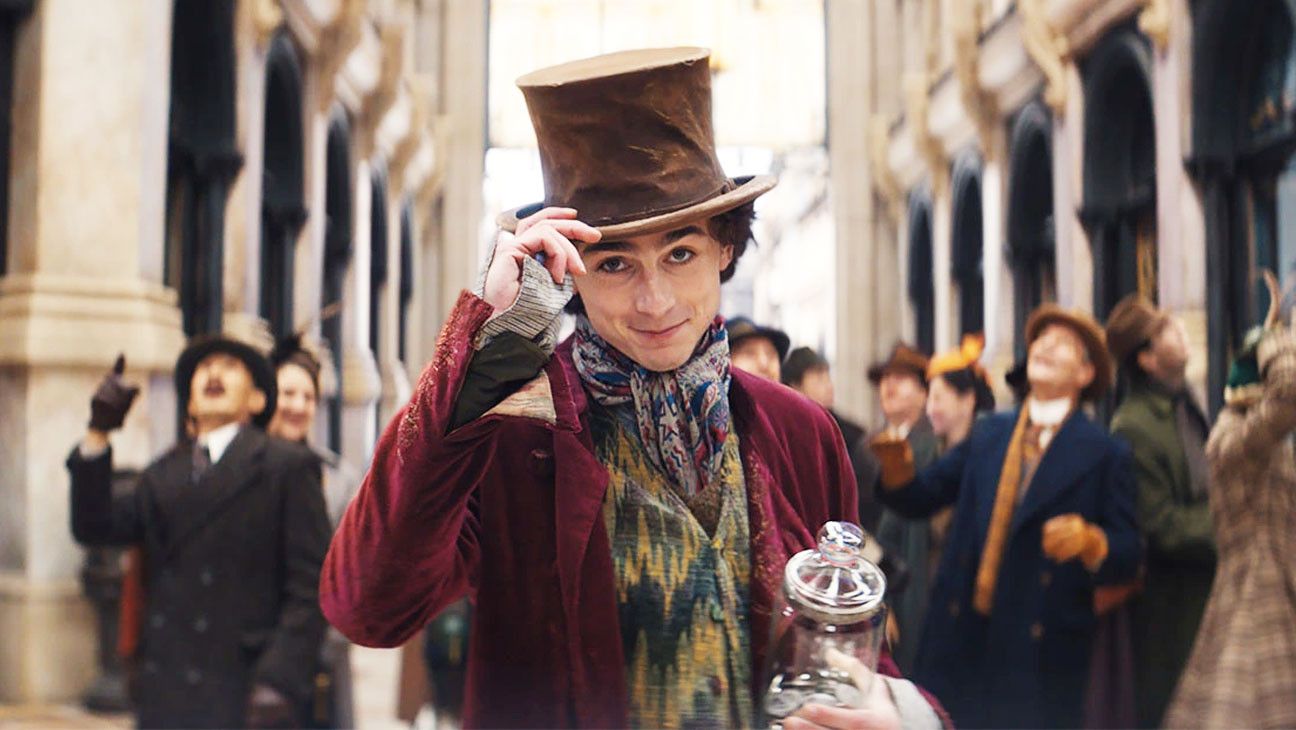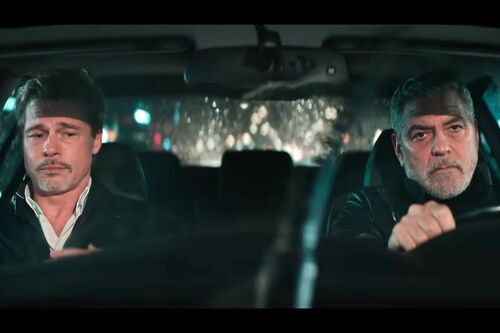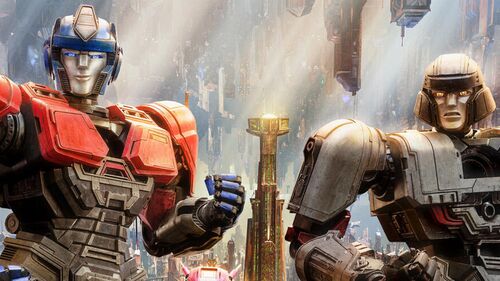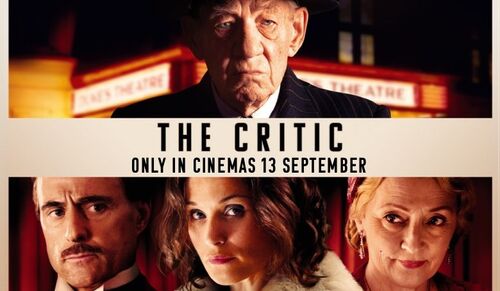
'Wonka' Review
 1971’s “Willy Wonka and the Chocolate Factory” and 2005’s “Charlie and the Chocolate Factory” are two of my 100 favorite films of all-time. I consider both adaptations of the classic Roald Dahl story to be brilliant. Both Gene Wilder and Johnny Depp deliver powerful versions as the fascinating, multi-dimensional, dynamic chocolate-maker extraordinaire.
1971’s “Willy Wonka and the Chocolate Factory” and 2005’s “Charlie and the Chocolate Factory” are two of my 100 favorite films of all-time. I consider both adaptations of the classic Roald Dahl story to be brilliant. Both Gene Wilder and Johnny Depp deliver powerful versions as the fascinating, multi-dimensional, dynamic chocolate-maker extraordinaire.
When I learned WB was making a new Wonka movie — this time a prequel — I was cautiously optimistic. History has proven that it can be tricky to mold a new story around a beloved character. But with Timothee Chalamet (“Call Me by Your Name”, “Dune”) in the title role, and “Paddington” & “Paddington 2” director Paul King at the helm, I was semi-confident this could be a third wondrous Wonka experience. I was wrong.
The opening and closing scenes of “Wonka”, and a few select moments in between, do provide the emotional charm of the Willy Wonka universe we’ve come to expect. Unfortunately, this nearly two-hour “Wonka” tale suffers from a generic story filled with bizarre turns, annoying supporting characters and long, stale scenes.
Chalamet plays Wonka as young and quite naive. An early scene, with Wonka sitting on a bench, is the only time we get a taste of the character’s rigid nature, which Wilder and Depp expressed in memorable dramatic fashion in their films. Willy was, arguably, the main villain in both of those movies. He’s not here.
This Willy is free-spirited and wide-eyed, as he arrives London with big dreams. He captures the townspeople’s attention by trying to drum-up interest in his chocolatey confections. Chalamet’s attempts to mimic Wilder’s vocal inflections and timing are far from successful. Yes, this Wonka is designed to be boyish and inexperienced, but there’s a lack of confidence in Chalamet’s portrayal that prevents his Wonka from being a compelling lead character.
This allows for a number of silly B-players to steal screen time. Front and center is hotel owner Mrs. Scrubbit (Olivia Colman), who holds her laundry room workers hostage. Among them is a young girl named Noodle. Scrubbit’s banter with a male companion is a mix of quirky and strict. Their interaction with Noodle is reminiscent of Dahl’s “Matilda”. [By the way, Noodle and the other workers embody many of the characteristics of the children an older Wonka will one day bring to his Chocolate Factory. This heavy-handed foreshadowing is similar to Asha’s seven friends in Disney’s “Wish”, who have the personalities of Snow White’s seven dwarfs. In both cases, the attempt at being clever is too on the nose.]
There’s also quite a lot of focus on the film’s other cartoonish villains: rival chocolate makers Slugworth, Prodnose and Ficklegruber (who have the same evil bones in their bodies as farmers Boggis, Bunce and Bean from Dahl’s “Fantastic Mr. Fox”), and a chief of police (Keegan-Michael Key) who lets his chocolate cravings overtake him, much like Augustus Gloop will do a few decades later.
Hugh Grant, who made a splash as menacing actor Phoenix Buchanan in the second “Paddington” installment, shows-up about an hour into “Wonka” as Oompa Loompa Lofty. His presence adds some gravitas and much-needed humanity, even more so than brief flashbacks to Wonka’s childhood featuring his mom, played by Sally Hawkins. Wonka’s inner demons and troubles with his dad — a heavy portion of Tim Burton’s ’05 movie — are not addressed.
The one word that best describes “Wonka” is hollow. Willy is often stuck in a dark, grimy basement or in the middle of sad or dull conversations and situations. He’s also in peril a lot — from a room eventually engulfed in flames (following one of the film’s best songs, “A World of Your Own”), to three assassination attempts on his life in the final act, when the story becomes just another action/adventure/heist/chase saga. Practically everything iconic about this beloved character is missing.
I don’t see children or adult fans of the book or previous films warming-up to “Wonka”. It certainly left a sour taste in my mouth.


